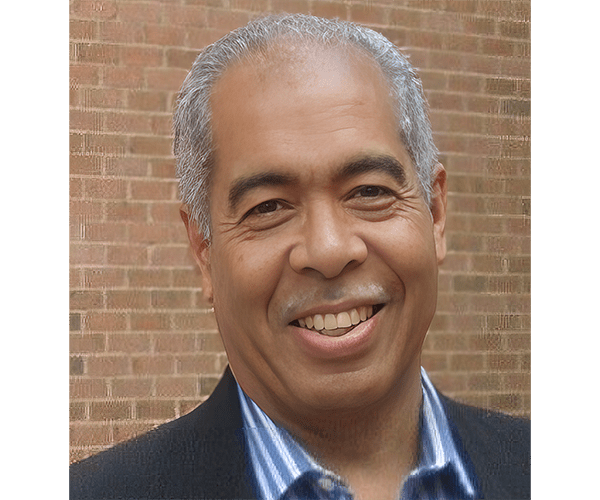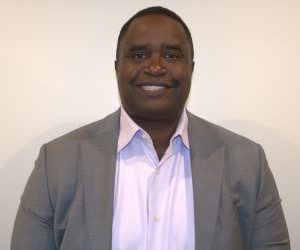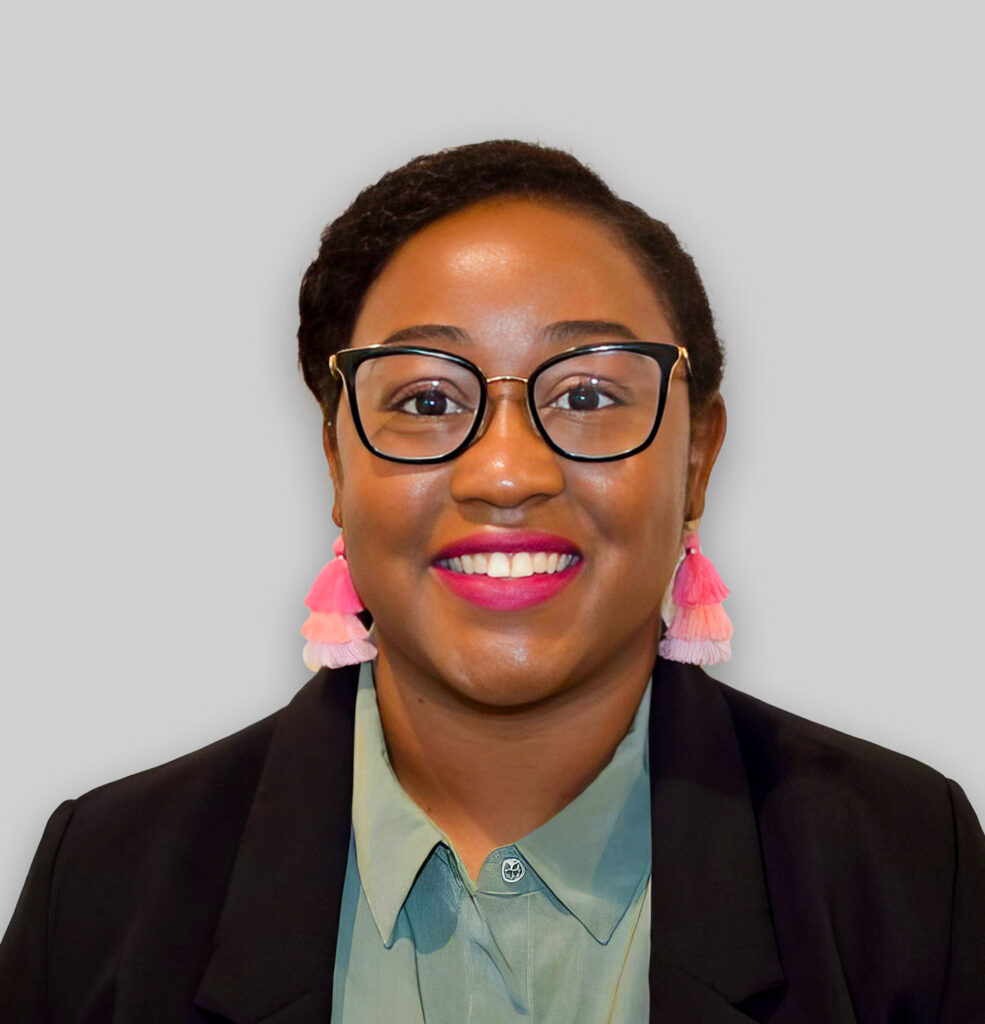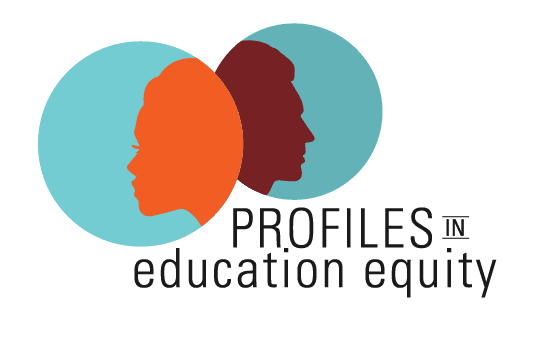 Gini Pupo-Walker joins The Education Trust as State Director for Tennessee. In this role, Gini will work with advocates, educators, students and community partners across Tennessee seeking to increase educational opportunity and improve achievement for Black and Latino students, and for students experiencing financial hardship.
Gini Pupo-Walker joins The Education Trust as State Director for Tennessee. In this role, Gini will work with advocates, educators, students and community partners across Tennessee seeking to increase educational opportunity and improve achievement for Black and Latino students, and for students experiencing financial hardship.
A native of Nashville, Gini brings more than 20 years of work in education as a teacher, administrator, and nonprofit leader. Prior to joining Ed Trust, Gini was the senior director of education policy and programs at Conexión Américas, where she led education programs and advocacy efforts to improve outcomes for Latino students across Tennessee. Before that, Gini worked in education as a teacher at the high school and college level, and also served as the executive director of family and community partnerships in Metro Nashville Public Schools. Gini was elected to the School Board in Nashville in 2018.
What drew you to education?
I knew from a very young age that I wanted to be a teacher. My career in education has evolved and I’ve held a variety of roles, but my experience teaching high school students still informs every aspect of my life today.
Why Ed Trust?
Ed Trust is a national leader in the movement for education justice and has done so for more than two decades at the federal, state, and district levels. I am thrilled to work alongside their remarkable team, led by John B. King, Jr., in providing partners in Tennessee with policy analysis, research and advocacy opportunities in both the P–12 and higher education arenas.
What (or who) motivates you to advocate for education equity?
My career as a teacher and educator has allowed me to work alongside inspiring students, teachers, parents and advocates. I can honestly say that their courage, stories and aspirations are what motivate me. I am fortunate to bring over two decades of experience in education to this work, and I continue to learn something new every day. I get my energy from the team around me, and from the families that we serve. I’m lucky that I can work to advance an agenda that has the potential to positively change the lives of the people around me.
What do you think are the most pressing education equity issues right now? How can advocates address this challenge?
Americans have two sets of expectations about what children have the capacity to do and accomplish in this country, and we have developed systems that are designed to reinforce those differing expectations. Many students of color, and those living in poverty, continue to receive an education that does not equip them for success, and that perpetuates their marginalization in our society.
The current administration in Washington has added an additional level of intensity with their recent rollbacks of civil rights protections and rhetoric about immigrants and communities of color. This climate has served as a call to action for advocates in local communities, where they are beginning to challenge systems, policies, and inequities in a way that we have not done before. We see strong movement in the advocacy arena on issues related to teacher quality and diversity, access to rigorous instruction and coursework, discipline and school culture, college access and affordability, funding inequities, and parent voice and engagement. The best way to get movement on these issues is in building the capacity of local leaders, parents, and students to advocate for the change they want to see.
You’ve been doing equity work for more than two decades. How has the advocacy landscape changed?
I believe that social media and access to information through the internet has changed the way that communities can organize and inform one another. We now see students and parents mobilizing in ways that push policymakers to action, and advocates have much more access to research that highlights the practices and policies that can improve outcomes for our students. Advocates on the ground have a better understanding of the levers of change in education, and are able to connect with national leaders in the field in ways that were previously unimaginable, citing their work and connecting with them to advance their own agenda. I am also encouraged that so many more teachers are interested in how policy connects to their practice, and that they are using their voices to create change as well.
What’s your favorite quote? Why?
I’m not one for quotes mostly, but I do subscribe to the belief espoused by Mahatma Gandhi, “You must be the change you wish to see in the world.” That really sums up the work I have done for my entire career, and why I decided to run for the school board in Nashville in 2018. Now in my second year on the board, I see the importance of advocacy but also of leadership. Hard work is my currency, and I have always believed that showing up was half the battle. The other half is reaching out to others and creating change and exercising power together. I’ve grown tired of people gathering at forums and conferences to “admire the problem” that is education inequity (another great quote I heard somewhere). We must actualize our vision for our community, and that requires tremendous sacrifice and work, and stepping into the foreground and leading the change we want to see.




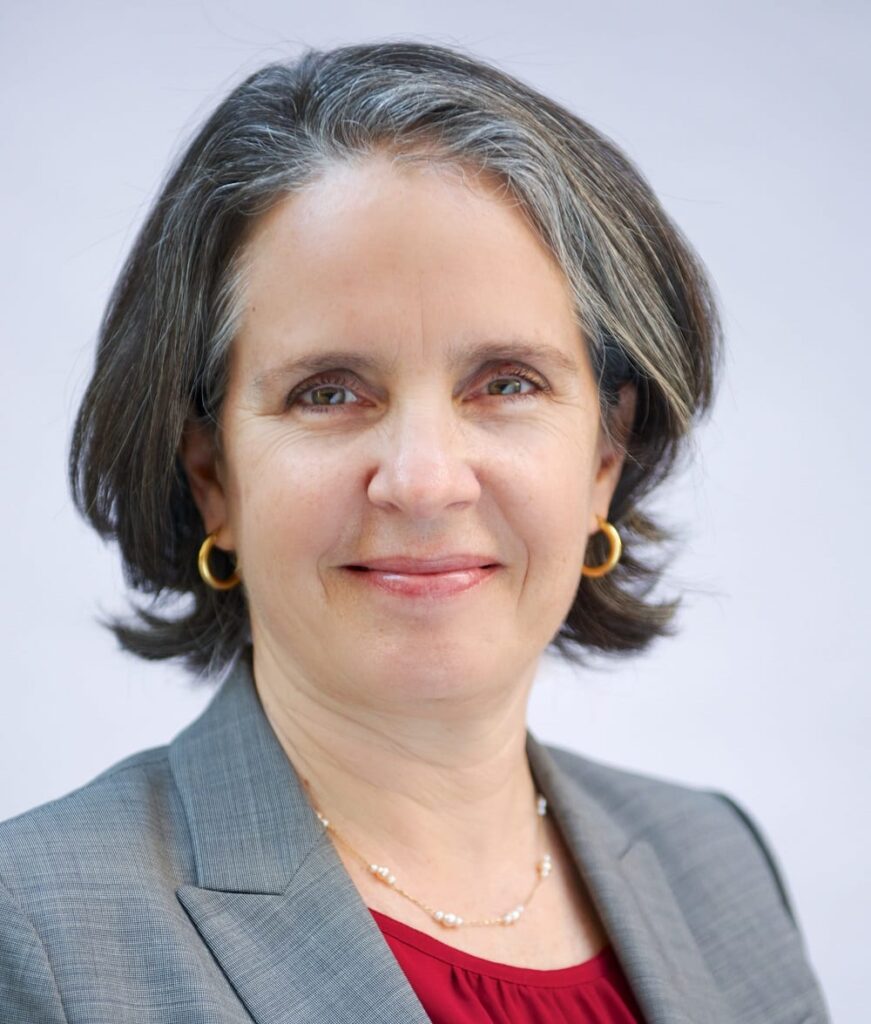
 Gini Pupo-Walker joins The Education Trust as State Director for Tennessee. In this role, Gini will work with advocates, educators, students and community partners across Tennessee seeking to increase educational opportunity and improve achievement for Black and Latino students, and for students experiencing financial hardship.
Gini Pupo-Walker joins The Education Trust as State Director for Tennessee. In this role, Gini will work with advocates, educators, students and community partners across Tennessee seeking to increase educational opportunity and improve achievement for Black and Latino students, and for students experiencing financial hardship.